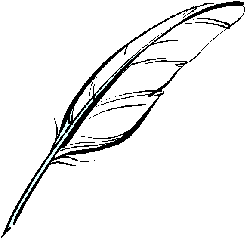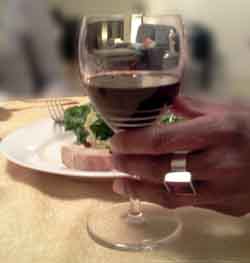Stop your Wine-ing
I’ve just read about prisoners making wine out of fruit cocktail and stale bread. As gross as that sounds, it got me thinking about the origin of wine. Was wine an accident of old grapes and bread. Did a house servant of yesteryear noticed the chickens staggering around and singing off-key after devouring last night’s table scraps? Did that servant then think, hey, I’d like to do that?
Traces of wine have been found in pottery that dates as far back as the Neolithic period. This period was the beginning of farming: the planting of seeds, the organizing of crops, the harvesting of grains. Also during this period, grains were first ground into flours. Towards the end of the Neolithic period (around 6000 BC) animals were used in farming as well as domesticated.
Anyone thinking chickens?
The pottery jars with the wine traces were found in what is today Georgia (not the state, the country). Also in regions of current Iran and Iraq. This region was populated by wild grapes, which were smaller and more bitter than the grapes from the Far East.
My house servant is looking pretty good for this.
Although the origins of wine are still unknown (maybe I should submit my theory) the oldest known winery, according to archeologists, was found in January 2011 in an Armenian cave. Weirdly, the world’s oldest leather shoe (only one shoe) was also found in this cave. Even in 4000 BC wine was causing people to lose their clothing.
Anyone seen my glass?





There are three methods that may be used to make sparkling wine. These methods are: the Transfer Method,Charmat Bulk process andMethode Champenoise.Methode Champenoise is the most labor-intensive and costly of these.Before we get into how srlpkaing wines are made, we should first make a distinction between sparkling wine and champagne. Champagne is sparkling wine, but sparkling wine is not necessarily champagne. True champagne is produced in the Champagne region of France by using the Methode Champenoise and is produced from a high quality grape. In many circles in the United States, the term champagne has become a general term to include any sparkling wine. These are frequently made from inferior grapes through bulk processing and are often sweetened to mask their inferior quality. They are not true ChampagnesContinued HERE:
Thanks Max. Your link didn’t transfer. if you want to send it to me I’ll put it up so others can learn more about Champagne.